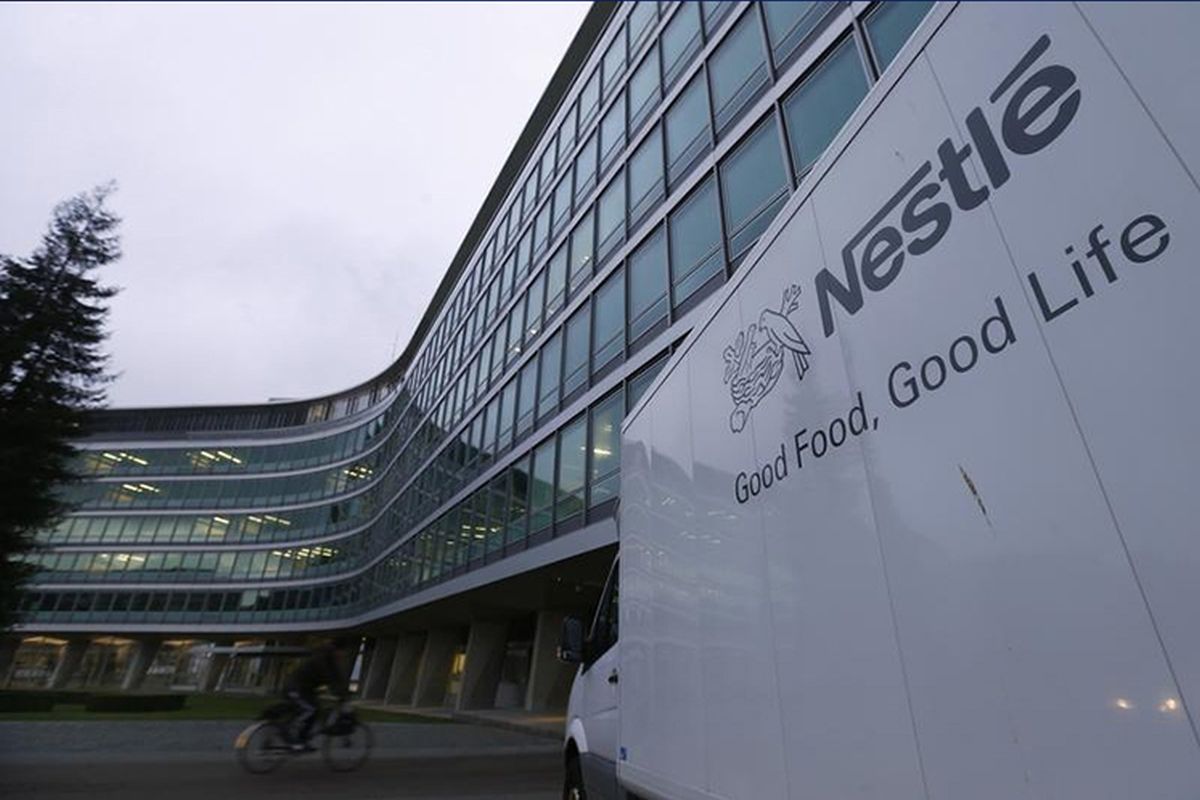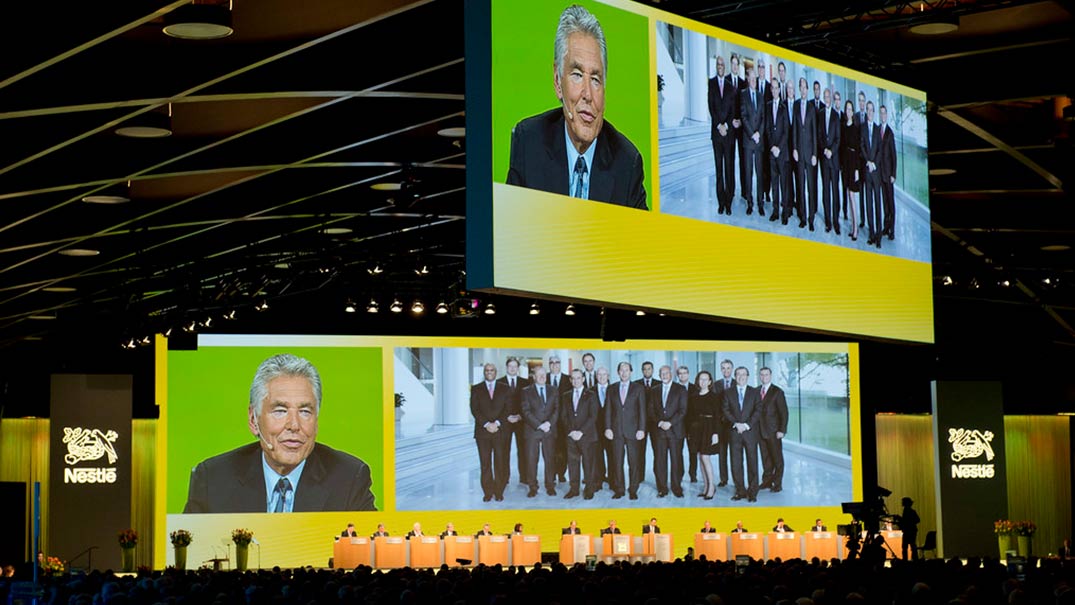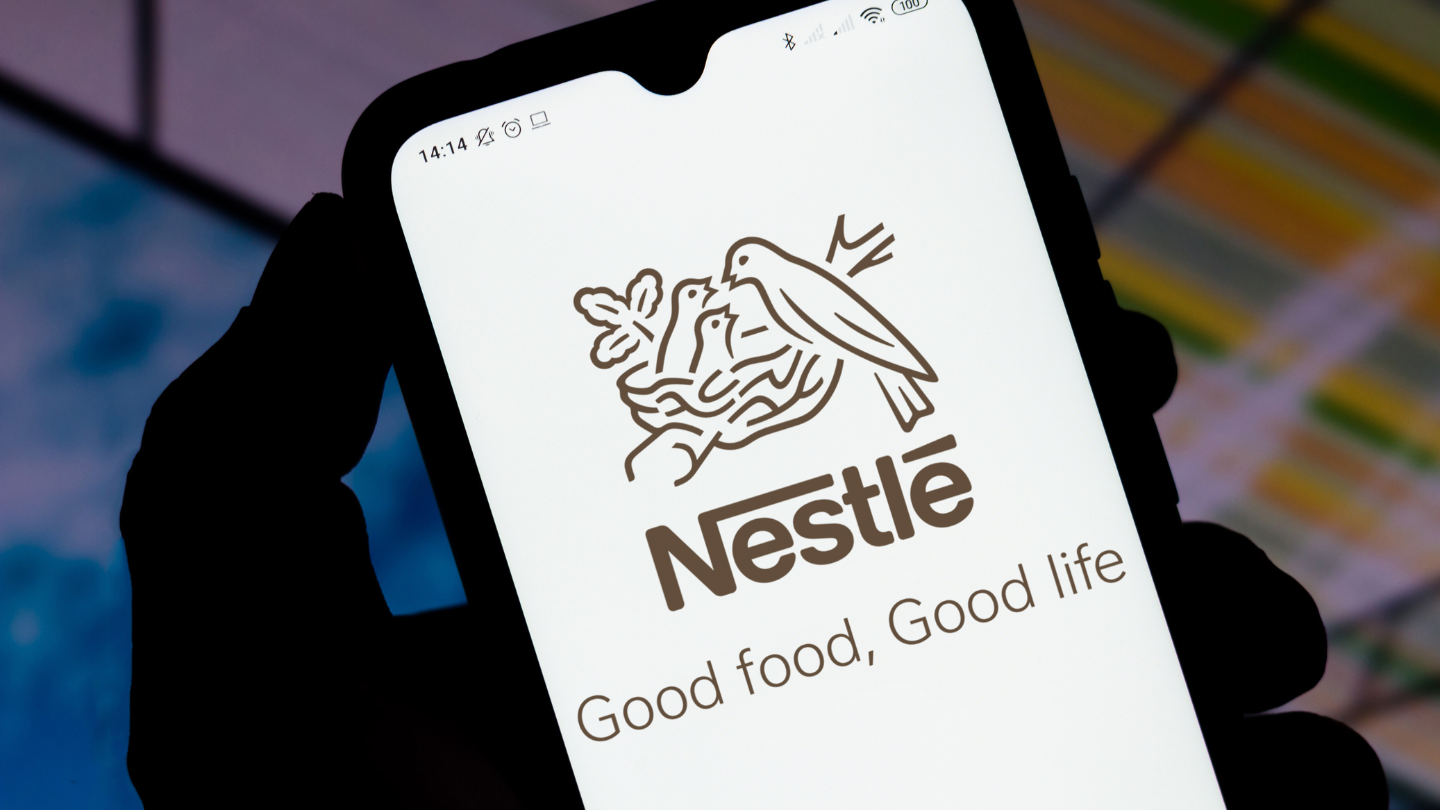In a significant showdown at its annual meeting, Nestlé, the world’s largest consumer goods company, successfully countered a push by some investors to mandate reductions in fat, salt, and sugar across its product lines. The Swiss multinational, known for brands like KitKat and Quality Street, secured 88% of shareholder votes against the proposal, highlighting a pivotal moment in corporate governance and public health advocacy.

The Battle Over Nutritional Content
The investor proposal, spearheaded by the campaign group ShareAction and supported by five institutional investors including Legal & General Investment Management, aimed to address the health impacts of Nestlé’s products. Citing concerns over the company’s heavy reliance on indulgent foods, which they argue poses significant reputational risks and public health concerns, only 11% of shareholders backed the resolution. This reflects a broader industry challenge as food manufacturers globally face increasing scrutiny over the nutritional content of their products.
A resolution filed by a group of @Nestle shareholders will go to vote today at its AGM, demanding one of the world’s biggest food makers reduces its reliance on products with high levels of sugar, fat and salts.
💪🤞https://t.co/GOfD9Gzkoz pic.twitter.com/xSnNtlVP2J
— Lord Bethell (@JimBethell) April 18, 2024
Research and Public Opinion
Support for the initiative was partly motivated by findings from the University of Oxford and the youth activist charity BiteBack, which revealed that approximately 70% of Nestlé’s UK sales involved products high in unhealthy ingredients. Simon Rawson, Deputy Chief Executive of ShareAction, emphasized the growing investor and consumer awareness of these issues, stating, “While the vote we achieved today may be less than we wanted, the direction of travel is clear.”

Nestlé’s Defense and Strategic Stance
In defense of its product range, Nestlé argued that moving away from indulgent products would overly restrict its strategic flexibility and harm its market positioning. Paul Bulcke, Chair of Nestlé, in a video message to shareholders, defended the company’s approach, stressing the importance of balance and informed consumer choice in their offerings. “A small group of shareholders led by the NGO ShareAction wants us to disengage from indulgent products. This is wrong. It will restrict Nestlé’s strategic freedom and limit management’s ability to make decisions or responsible decisions,” Bulcke stated.
Future Nutritional Goals and Investor Expectations
Despite the setback in the shareholder vote, Nestlé has put forward a commitment to enhance the nutritional quality of its products by 2030. However, ShareAction criticized this target, arguing that it merely aligns with overall growth forecasts and fails to adequately address the scale of unhealthy product sales, which could potentially increase at a similar rate. They also noted that the inclusion of products like coffee, which have no nutritional value, dilutes the impact of the target.

Implications for Nestlé and the Food Industry
This event underscores the complex dynamics between corporate profitability and public health responsibilities in the food industry. As Nestlé continues to navigate these challenges, the debate over the role of major food manufacturers in combating diet-related health issues is likely to intensify. This case serves as a catalyst for broader discussions within the food industry about balancing business interests with nutritional improvements and consumer health advancements.
As Nestlé moves forward, the company’s approach to product healthfulness and transparency will remain under close observation by investors, consumers, and health advocates, signaling a possibly transformative period for the industry in addressing public health through corporate strategy.










